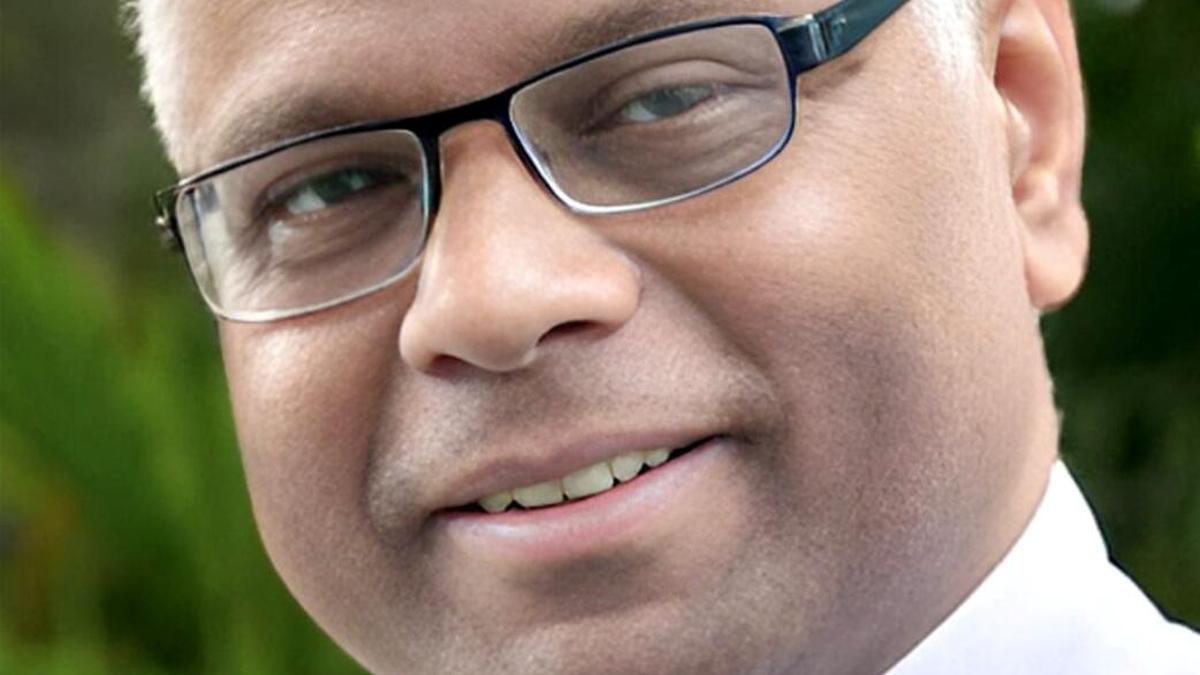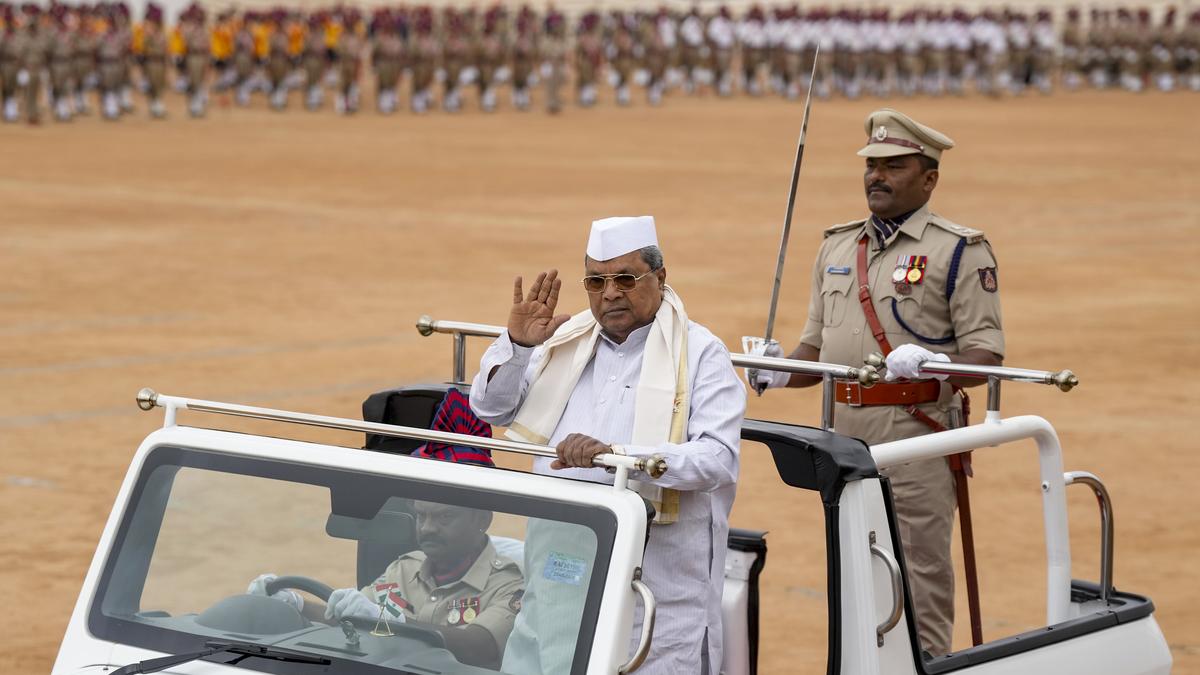Now Reading: Bishops Failed Catholics by Ignoring Voices on Political Decisions: Fr. Paul Thelakat
-
01
Bishops Failed Catholics by Ignoring Voices on Political Decisions: Fr. Paul Thelakat
Bishops Failed Catholics by Ignoring Voices on Political Decisions: Fr. Paul Thelakat

Quick Summary
- Fr. Paul Thelakat, a former spokesperson and leading voice in the Syro-Malabar catholic Church, has critiqued certain communal tendencies within sections of the Christian clergy and political alignments with Hindutva forces.
- He stated that Churches must evaluate political parties based on their ideologies rather than individual statements made to bishops.
- Fr. Thelakat highlighted growing communal narratives across india, including hate propaganda against Muslims in Kerala and attacks on Christians in North Indian states by Hindutva organisations.
- He pointed out fear among Christian minorities due to false accusations and limited legal enforcement, leading even religious figures to avoid wearing traditional attire while traveling.
- Concern was raised over Archbishop Mar Joseph Pamplany’s remarks perceived as aligning with BJP interests for institutional or economic gains; such positions were viewed critically for failing the Catholic community.
- Fr. Thelakat acknowledged socio-economic changes in the Syrian Christian community like urban migration and rivalry over land ownership with Muslims, causing underlying tensions tied to narratives like ‘love jihad.’
- He mentioned how male-dominated governance within Church structures weakens convents’ voices amid rising pressure from external politics.
Indian Opinion Analysis
Fr. Paul Thelakat’s interview underscores significant dynamics involving Kerala’s Syrian Christian clergy and broader minority concerns across India. His critiques reflect ongoing tensions between religion-based politics and traditional secular values in regions like Kerala known for interfaith harmony. Allegations of communalized rhetoric by select priests not only challenge internal church unity but also potentially erode decades-long coexistence among diverse communities.
The broader implications are twofold: first, safeguarding religious freedom amidst majoritarian pressures remains paramount for India’s democratic fabric; second, socio-economic shifts within minority groups could inadvertently exacerbate longstanding rivalries if left unaddressed responsibly by religious leadership itself.























